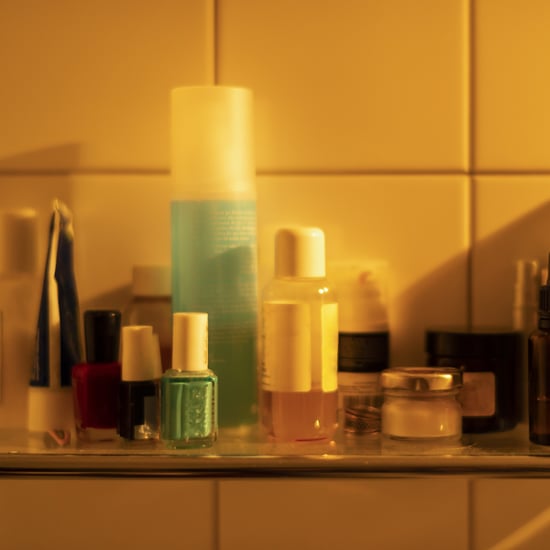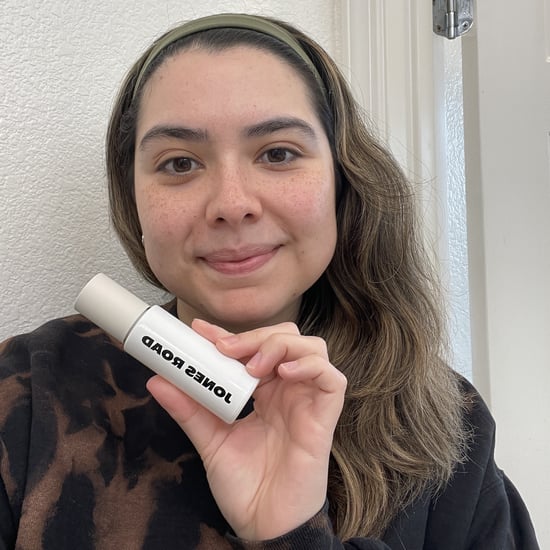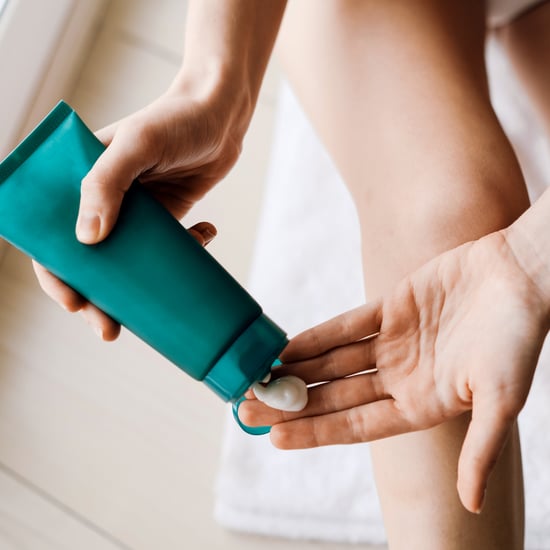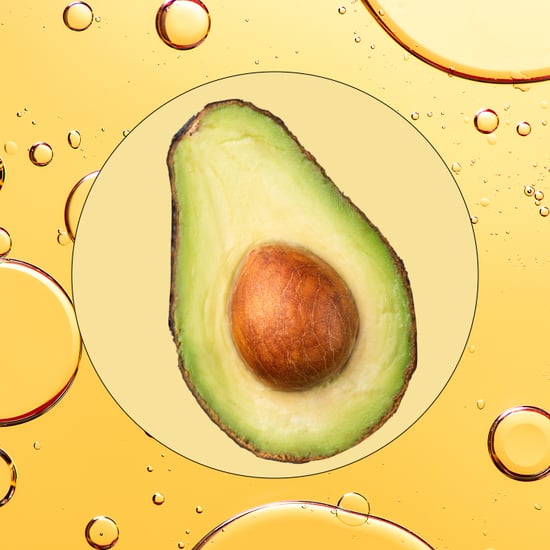Can People With Rosacea Have Chemical Peels?
How to Make Full Use of In-Clinic Chemical Peels If You Have Rosacea
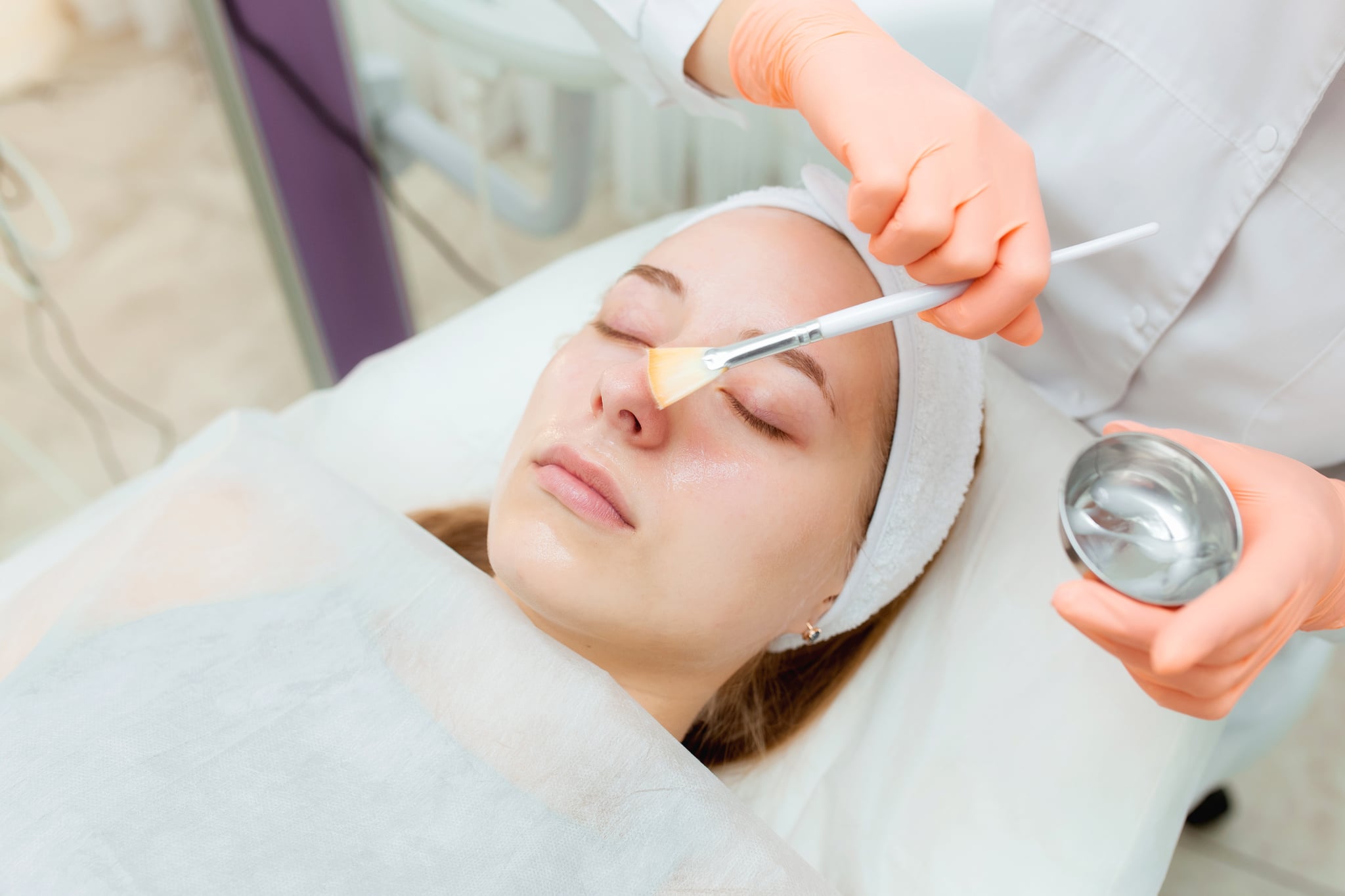
If you've got rosacea, then you'll likely be aware that one of the last things you should do when it comes to skin care is overexfoliate. Since rosacea is a chronic inflammatory condition that results in a compromised skin barrier, it makes sense to want to avoid exfoliation — especially skin peels — at all costs.
However, chemical peels in a clinic can be perfectly safe for those with rosacea (of course, it depends on your specific condition, as everyone's manifests differently). In fact, an appropriate peel can have really great benefits for managing the condition along with other treatments. But only in a professional setting with someone who understands the complexities of rosacea.
We spoke with Spirithoula Koukoufikis, Skinfluencer skin clinic's senior medical aesthetician, to find out exactly how you can get the benefits of a chemical peel for rosacea without causing any adverse effects on your condition.
What Exactly Is Rosacea?
Rosacea is a chronic inflammatory skin condition — affecting one in 10 people in the UK — that presents in a number of ways. There are various "types" of rosacea, including erythematotelangiectatic rosacea (redness), papulopustular rosacea (acne rosacea), phymatous rosacea (thickening of the skin), and ocular rosacea (symptoms of the eyes). Each of the rosacea types can come in varying degrees of severity, and people can experience more than one. Symptoms can include facial redness and flushing, pimples and bumps, visible blood vessels, sensitivity, sore eyelids, and a burning or stinging feeling.
What Is a Chemical Peel?
A professional chemical peel is a treatment done at a clinic (not at home) in which a practitioner will apply a solution made up of different types of acids in various pH levels to your face. Peels come in three depths — superficial, medium, and deep — each with varying outcomes and aftercare instruction. The aim of a chemical peel is to deeply exfoliate the skin and improve the overall skin texture, tone, and appearance, depending on your goals. It's important to visit a trained professional who can take into account your skin type and skin tone to find a treatment plan best suited to your individual needs.
Which In-Clinic Peels Work Well For Someone With Rosacea?
When it comes to chemical peels for rosacea, Koukoufikis explains that it's not so much "which acid but more a case of the pH of the acid peel chosen". For a condition like rosacea, only a superficial peel "that does not have an excessively low pH" should be used, as "you only want to remove the surface of the dead skin, before proceeding with laser treatments to manage and improve the appearance of the condition", Koukoufikis adds.
Benefits of Chemical Peels For Rosacea
When it comes to rosacea, chemical peels can help manage redness and pimples and reduce inflammation. However, Koukoufikis believes they should be used as part of a bigger-picture treatment plan. "I really believe they should only be used to prep the skin before you tackle the rosacea with laser-based treatments."
How Often Should Someone Have Chemical Peels For Rosacea?
Koukoufikis says you should only have a peel every four to eight weeks, but for a laser treatment, she recommends every four to six weeks because "the vascular network is so dense and needs to be targeted in a specific way". Once this course has been completed, you'll likely only need maintenance treatments once or twice a year.
What Should Be Avoided When It Comes to Chemical Peels and Rosacea?
Avoid over-resurfacing the skin. "Remember, in the case of rosacea, the skin's surface is already compromised," Koukoufikis explains. "By using acid peels too often, the skin is unable to heal and repair. In fact, it is highly likely that you will just create more inflammation and enhance the skin's sensitivity, which will lead to itching. The skin won't be able to heal fast enough, and this could lead to other skin conditions such as hyperpigmentation and acne, to name but two."
What Other Treatments Can Be Used With Chemical Peels For Rosacea?
As Koukoufikis mentioned previously, she believes the best treatments for rosacea are peels combined with lasers. "Laser treatments that are specifically designed to target vascularity are great for rosacea. Over the years, rosacea will bring more vascularity to the surface of the skin, resulting in the appearance of thread veins or an overall blush/redness (depending on what's happening beneath the skin)," she explains. "You can never take away rosacea, you can only treat it so the appearance of it is improved. The gold-standard treatment protocol for rosacea is laser, and with its advanced technology, Cutera's Excel V+ is the current industry leader. Excel V+ has been designed to target the excess haemoglobin that manifests as red veins, blushing, etc."
For that reason, Koukoufikis always recommends a course of laser treatments to "chip away at that dense vascular network, which will improve the overall tone and texture of the skin." Of course, all of this needs to be in addition to proper skin care at home, curated with you and for you by a skin specialist.
"Rosacea is a complicated skin condition, and really you need a professional to assess and analyse the skin, determine the severity of the rosacea, and prescribe a programme that includes treatments and products to ensure you get the best possible outcome," Koukoufikis adds.
Final Thoughts on Acid Peels and Rosacea
In-clinic acid peels can have a wonderful outcome on those with rosacea but are typically best when used in conjunction with other treatments. "I really believe they should only be used to prep the skin before you tackle the rosacea with laser-based treatments," Koukoufikis says.
